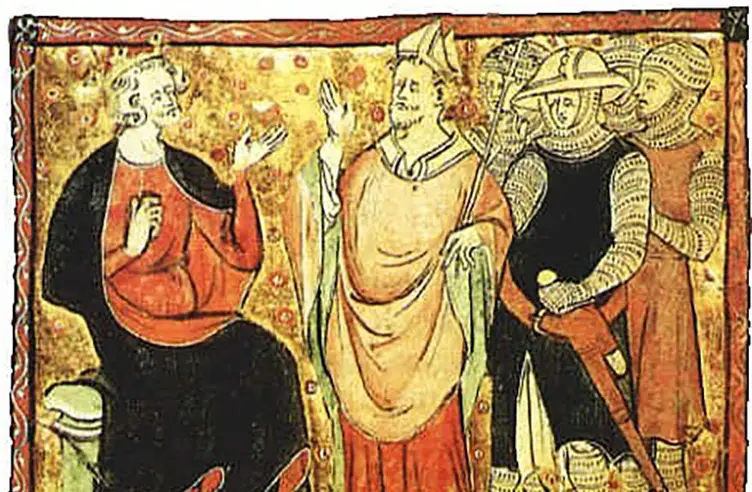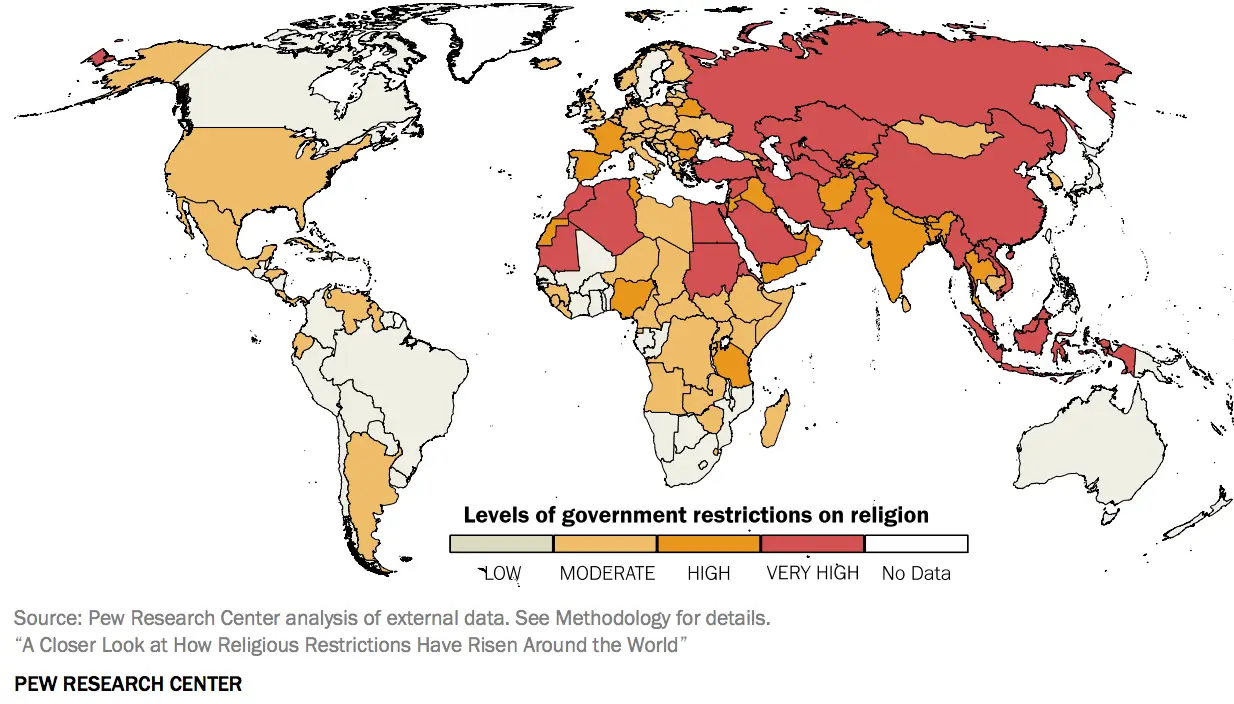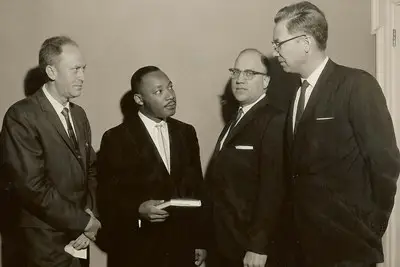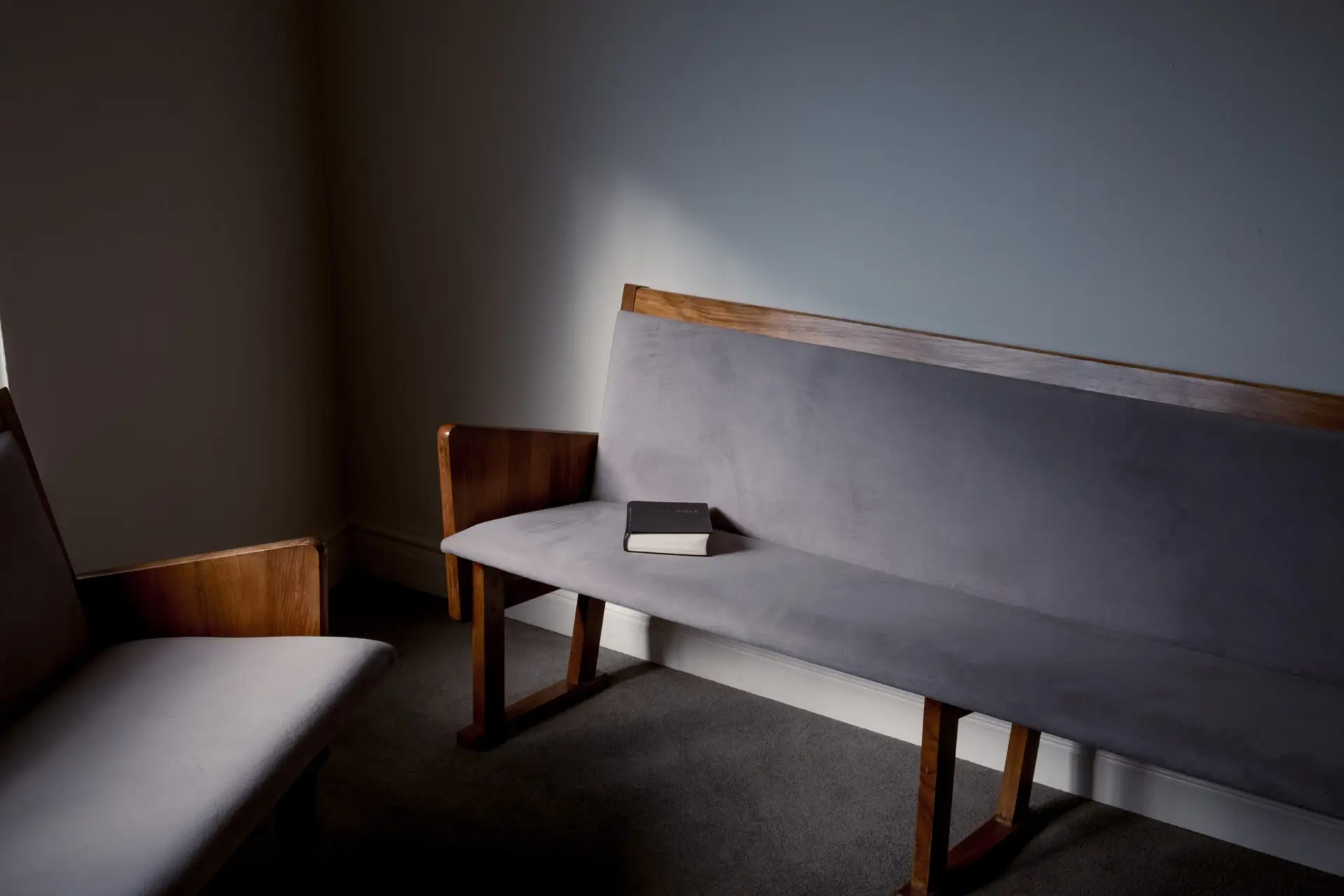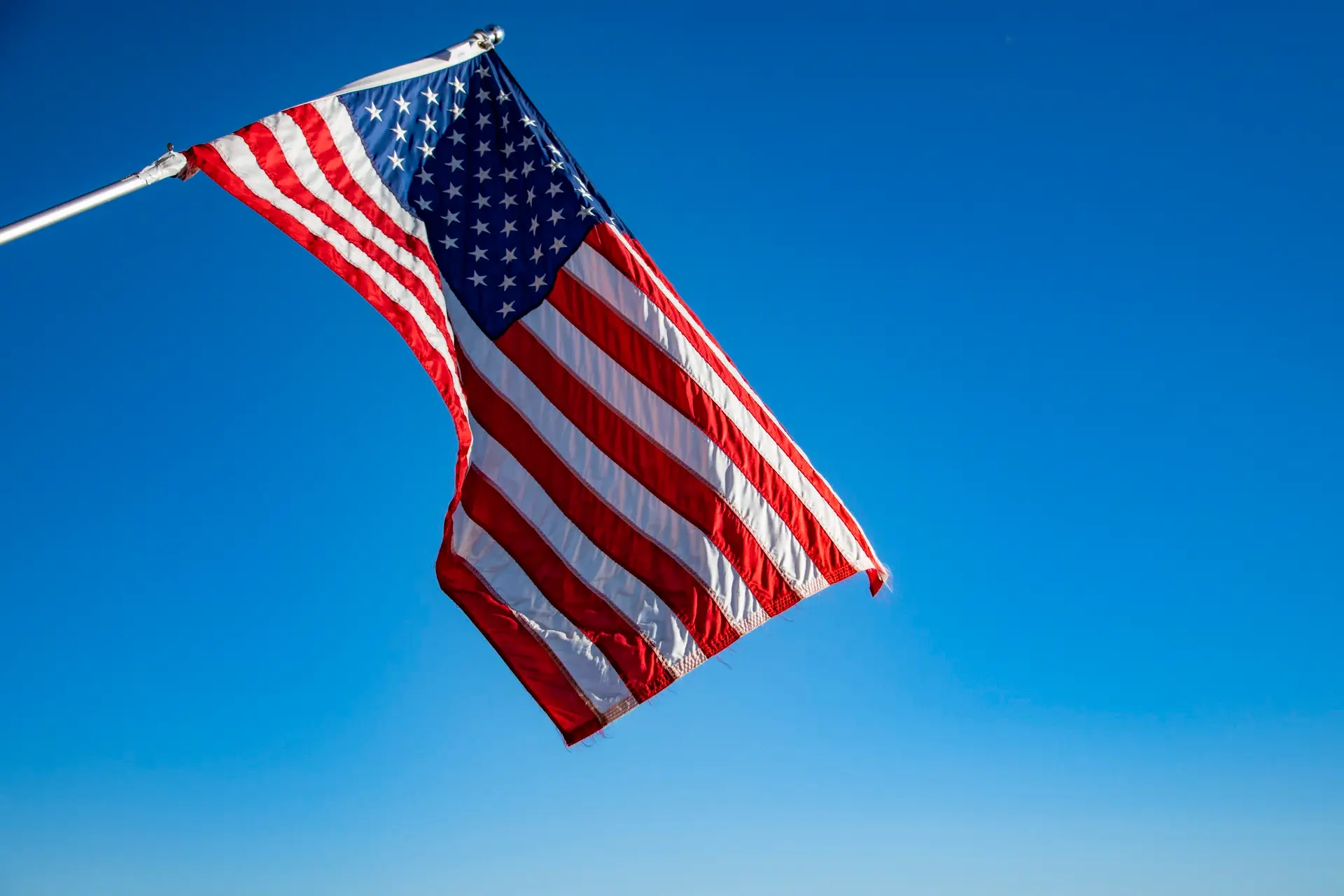
Demonstrating Values in Times of Crisis
Most Americans are scared. Maybe that is too strong a word. Anxious might be more appropriate. But we should be scared. When medical experts predict that 2.6 million of us could die in the next few months if the nation does not take drastic efforts to limit the impact of the COVID-19 virus, that is a scary moment. Even with our best efforts, the number of deaths could still top 100,000, they say.
It is getting harder and harder for some outliers to argue the coronavirus scare is overblown or a Deep State plot to discredit President Trump. After all, President Trump is the one telling us to prepare for the “bad times” of the next few weeks.
In Alabama, the number of COVID-19 cases has spiked since March 13 when the first case in the state was diagnosed in Montgomery. Deaths are climbing and officials warn to expect more. One model indicates the state will experience more than 650 COVID-19-related deaths by the end of April and more than 1,700 by the end of August. Obviously, we have a right to be scared.
One reason for these high numbers is limited health care facilities in much of the state. Another is that many people in Alabama have not heeded the guidelines offered by national, state and local officials to shelter in place (see New York Times, April 2, 2020). Evidently, many of us have decided a “me first” attitude is the best approach in the midst of this crisis.
The “me first” mindset can be seen in grocery stores where one shopper piles four of the store’s 10 bundles of toilet paper into a cart leaving none for others in the line. That scene is played out again and again from the meat counter to cleaning supplies. Empty shelves scare us. Food rationing hasn’t occurred in this country since WWII. The temptation is to revert to individualistic survival behaviors.
Will the next step be pushing and shoving where the strong survive and the rest perish?
Until recently the “me first” attitude could be seen on Alabama beaches, on playgrounds and other sites where people ignored guidelines about social distancing and avoiding large groups.
Advertisements tell us “we are all in this together.” Do we believe that? As Christians, we are taught to love others as ourselves (Matthew 22:39). New York Pastor Timothy Keller recently shared an excerpt from Dionysius, an early Church Father, which reads, “Heedless of danger, they took charge of the sick — ministering to them in Christ and with them departed this life serenely happy; for they were infected with the disease, drawing of themselves the sickness of their neighbors and cheerfully accepting their pains.”
Keller asked if that description of Christians in 260 AD is true of today’s Christ-followers. Certainly, values are demonstrated more by how one acts in times of crisis than by what one says in the safety of a Bible study.
In a matter of days, Christians will celebrate the holiest day of the year — Easter. As 2 Corinthians 5:21 says, God “made Him (Jesus) who knew no sin to be sin for us that we might become the righteousness of God in Him.” Jesus gave Himself so that all who believe in Him might live. Those of us who follow Jesus are called to reflect that kind of attitude. Our lives are to be like the Christian believers described by Dionysius, not the “me first” often seen across society.
This Easter may seem like society stands on shifting sand. The economy is almost in free fall. In Alabama, more people filed for unemployment in the week ending March 28 than filed for the whole month of February. Necessary medical equipment is in short supply. The virus continues to spread and people continue to die.
But the solid rock beneath our feet is that God loves us, that Jesus died that we might have life eternal, that God never leaves us alone and that, as believers, we are called to serve others.
The way we live during this crisis should demonstrate those values to all.

